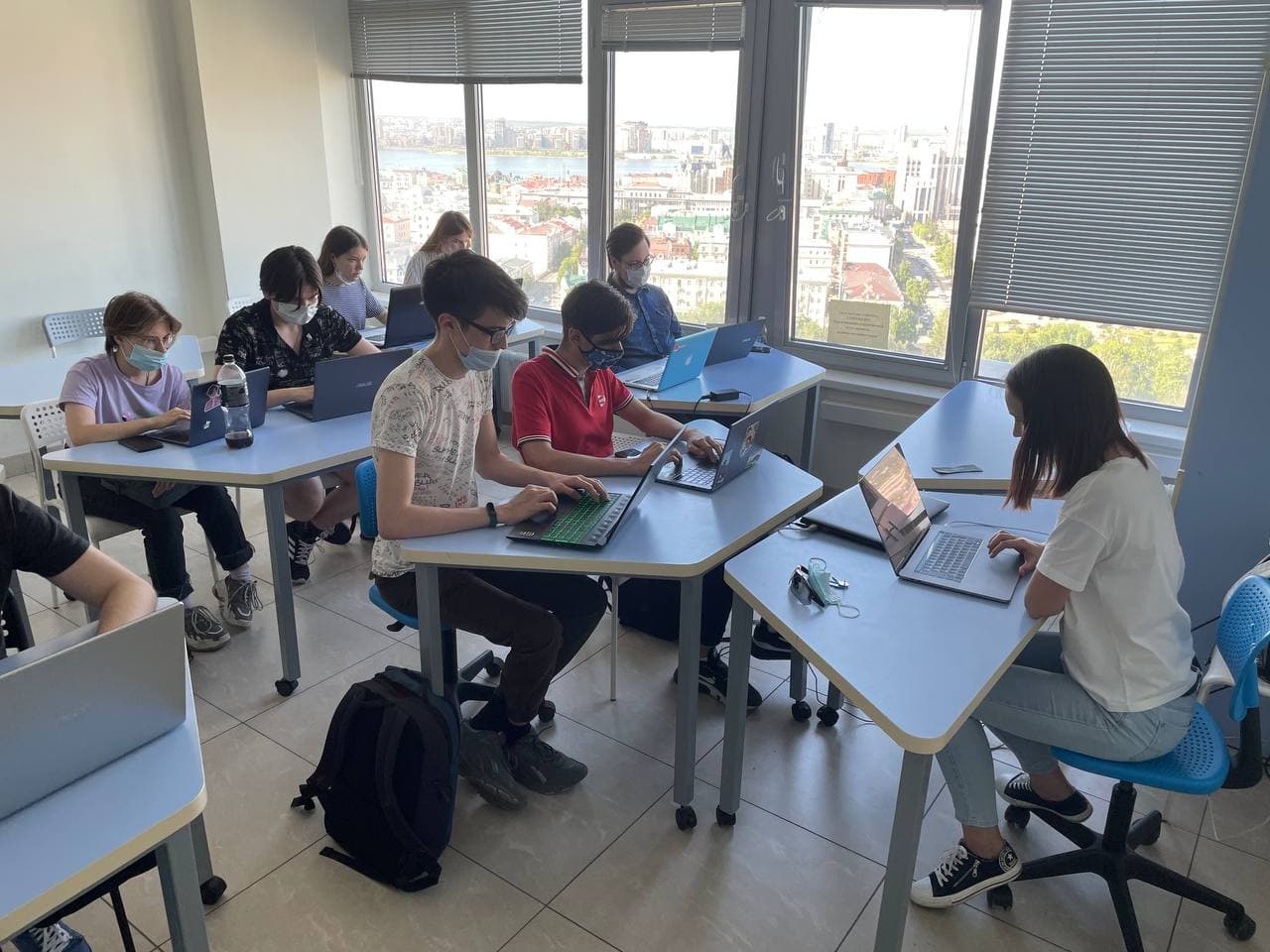We tell you how a small company of 150 people - this is us - managed to open its own laboratory in one of the largest universities in the country, why is it better than education within the company and what problems were waiting for us and awaiting us.
Abroad, they have long tested the scheme of partnerships between private companies and universities to train personnel for themselves. And over the past 10-15 years, the movement of business to universities has only accelerated . Facebook, Twitter, Amazon, IBM, Oracle are even physically trying to be closer to top universities, opening not only R&D laboratories, but also separate offices near campuses.
A large pharma like Pfizer opens its largest research center in Boston, Philips Healthcare moves its developer headquarters to Cambridge.
As a result, both Silicon Valley, with its proximity to Stanford and the University of California, and Greater Boston, with 55 universities, are turning into an entire innovation ecosystem in which everyone benefits.
Similar movements are also taking place in Russia - more often giants like Sberbank or Yandex are engaged in this. Small players are afraid that there will not be enough resources, because the preparation of students, the launch of their laboratories, does not pay off immediately.
But we tried it. For the third year already, Technocracy has been cooperating with the Kazan Federal University. During this time, we recruited 20 students to work on mobile and Python development.
The experience proved to be successful. So this year we are going to expand further: to open the Frontend direction, to start cooperating with another university. We are also launching our own educational project - Agona. These are such internships at maximum speed, where the best students can try their hand at practice. We will announce it later and tell you more about it.

The experience proved to be successful. So this year we are going to expand further: to open the Frontend direction, to start cooperating with another university. We are also launching our own educational project - Agona. These are such internships at maximum speed, where the best students can try their hand at practice. We will announce it later and tell you more about it.
Small company at the university
, — . , . , « » .
2019 ( ) . . : «» . . KPI , .
« . – . . . - «» « » — » — , .
: . . . : .
, , . : , . 2020 5 .
, Python .

, 100% , . , . , .
, , — . . , , . . : , , . — . . — , . , .
3-4 , , . IT — . , , — soft skills, . . , .
. . , - . — , Head of Mobile «» .
. , .
. , , — . : « , , , ». : , .
— : . . . – .
. , , . , . « 21» . , . .

, . , , . , : , , . -.
, . . , .
. . — .
, , , -. , .
. .
IT-
, + . 80% IT- , .
, . , , , .
, , , ABBYY . , Scala. : « Advantage Actor Critic , ».
- : « 21» , — «.». , .
«, , - . » — , CTO «» .
Another problem is a certain ageism, as in many other areas. Everyone realized quite late that schoolchildren are now engaged in programming, there are good coders in the first years, and senior students are decent developers.
Our company has such an ideology: there should be a core of strong guys, and the rest can be weaker. Under the supervision of an experienced person, you can work at a quality level. Writing code is not that difficult, and an older friend will always help.